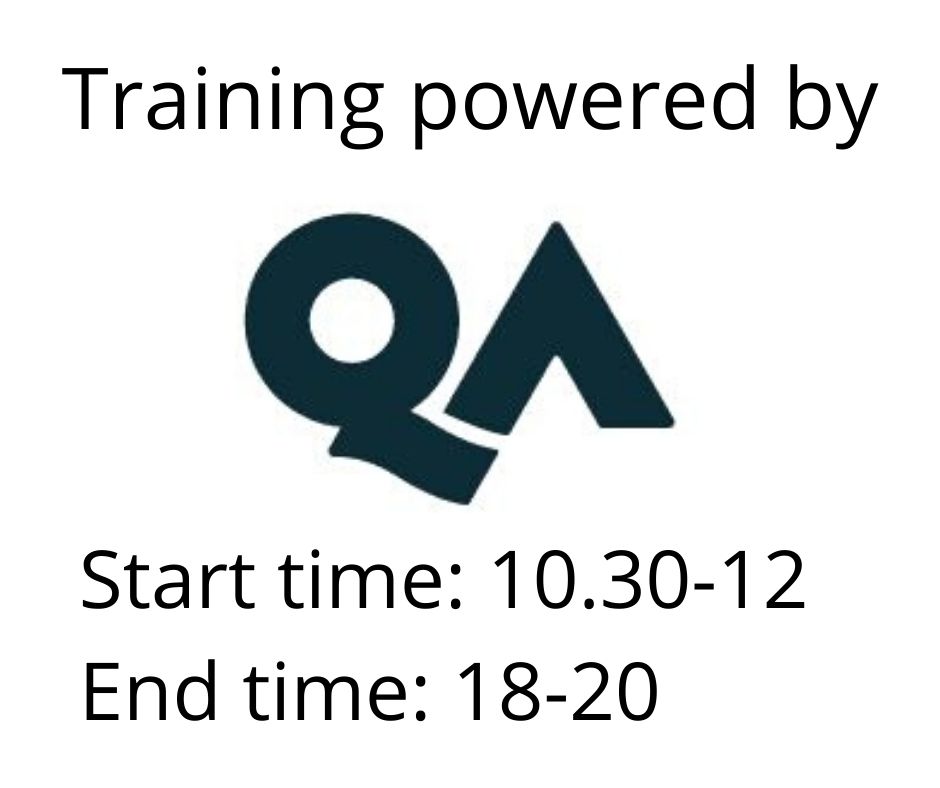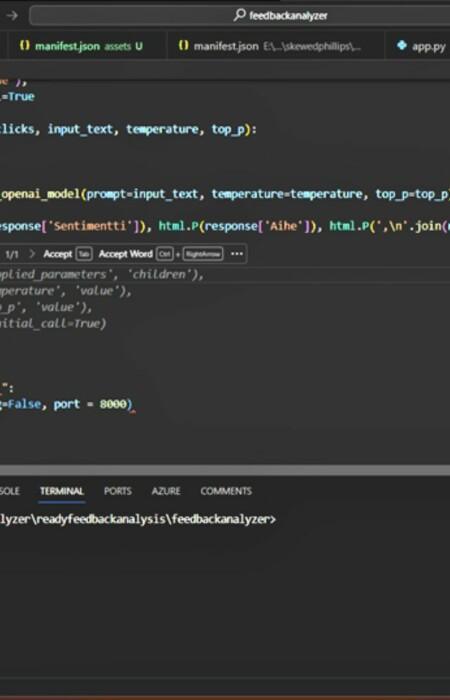Introduction to Kanban
Koulutusmuoto
Remote
Kesto
1 päivä
Hinta
1431 €
This introductory course is designed to provide participants with an understanding of the Kanban method.
Participants will gain insights into how Kanban can enhance the organization and management of knowledge work. The course will explore the benefits of using Kanban, such as improved visibility, increased efficiency, predictability, and customer satisfaction.
The course also delves into the six general practices and three change management principles of Kanban, participants will understand the significance of these principles in driving successful Kanban implementations.
The course includes hands-on exercises and a simulation that allow participants to apply Kanban principles in a practical setting. Participants will create a sample Kanban board, set WIP limits, manage flow, and analyze data to drive improvements.
By the end of the course, participants will have a fundamental understanding of the Kanban method, enabling them to start their Kanban implementation to improve the organization and management of their work.
By the end of this course you will know:
- The benefits of the Kanban method and how it can help you organise knowledge work.
- The Six general practices of the Kanban method.
- The three change management principles.
- The benefits of limiting work in progress (WIP).
As this is a fundamental course there are no pre-requisite, all we ask is you attend with an open, curious mind.
During this one-day course, you will explore the six general practices and three change management principles of the Kanban method.
Through discussion, group work and simulations you will learn the benefits of using Kanban to aid you in visualizing your workflow, maximizing the delivery of value, whilst embracing a continuous improvement mindset.
Throughout the course, you will explore the following topics:-
- What is Kanban?
- Three Change Management principles:
- Start with what you do now.
- Agree to pursue improvement through evolutionary change.
- Encourage acts of leadership at every level.
- Six General practices:
- Visualize.
- Limit WIP.
- Manage flow.
- Make policies explicit.
- Establish feedback loops.
- Improve collaboratively and evolve experimentally.



